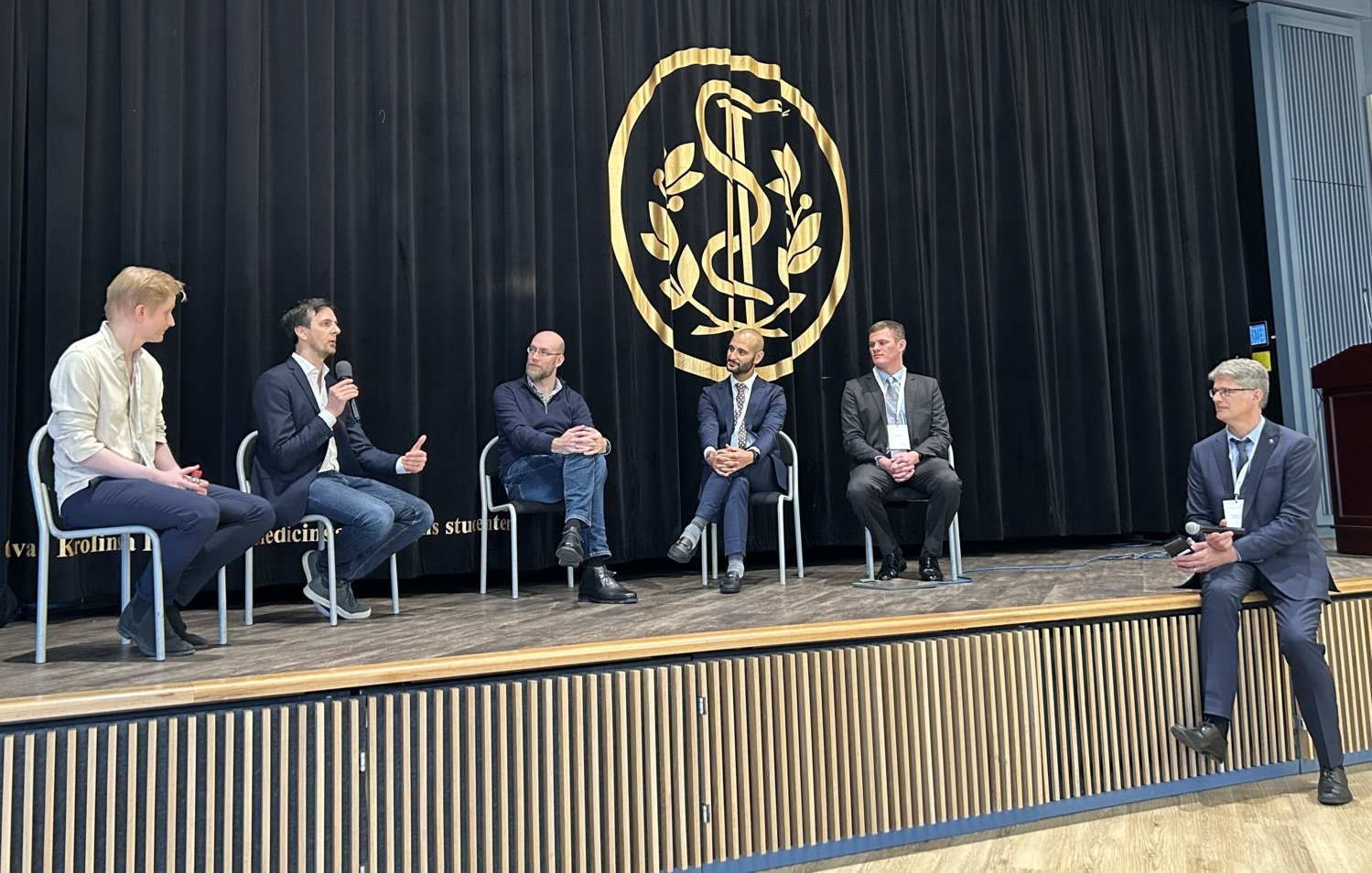KI and Mayo Clinic celebrate 30th anniversary with conference on AI and health data
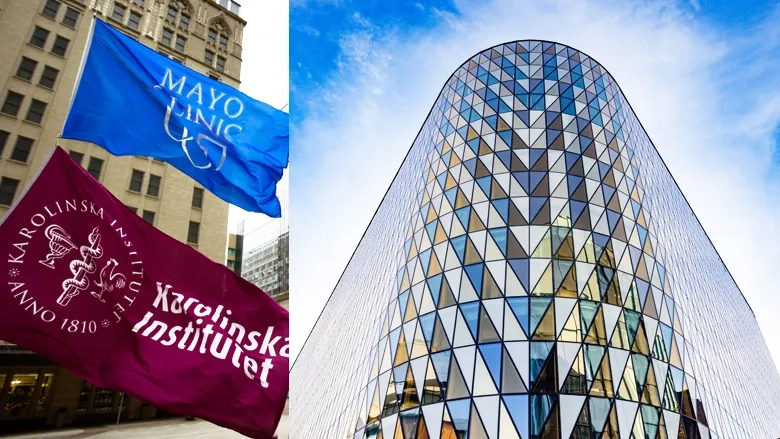
Researchers, doctoral students and students gathered in Solna on 16–17 October to mark 30 years of fruitful collaboration between Karolinska Institutet and Mayo Clinic at their annual joint conference. The extremely popular and much-appreciated research conference with 600 participants, including 100 from the Mayo Clinic, centred this year on AI and health data, a rapidly growing area that impacts profoundly on the future of healthcare.
The first keynote speaker at the conference was Markus Lingman, consultant in cardiology, professor of medicine and head of strategy at Region Halland, who observed that we are in the middle of a healthcare revolution.
Faced with a strained sector and increasing costs, Professor Lingman presented examples of how AI can be used to tackle these challenges.
AI makes it possible to identify people at risk of difficult-to-detect diseases at an early stage thereby improving the precision of care they receive, which can both lead to more effective treatment and take the burden off the care services.
Issues of security and data-sharing
Professor Lingman added a caveat, however: despite the speed of development, there are several major obstacles that AI must clear before being a fully integrated part of healthcare provision, such as issues concerning cybersecurity, legislative complexities and data-sharing.
The only way forward he could see was interdisciplinary and multicentre collaboration:
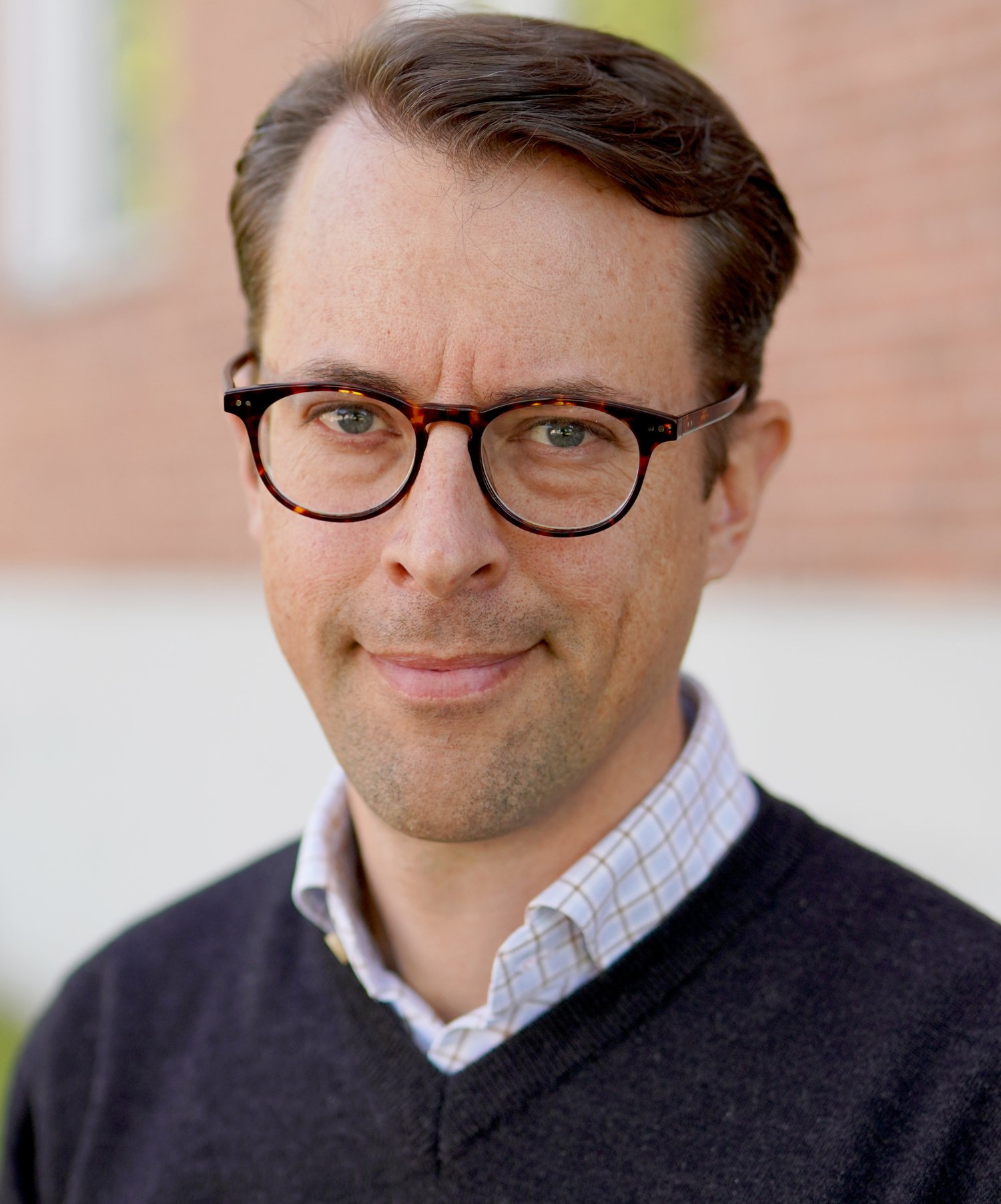
“We’ll have to think beyond our own knowledge and organisational horizons if we’re to benefit from the collective knowledge that’s available. If we don’t work together, we won’t be able to convert the technical developments we’re seeing into genuine patient benefit,” said Markus Lingman.
Development of modern cancer therapies
The second keynote speaker was world-renowned cancer researcher Tony Hunter, professor of biology at the Salk Institute of Biological Studies in the USA, who talked about his long career in research and a groundbreaking cell-biological discovery that has led to the development of modern cancer therapies.
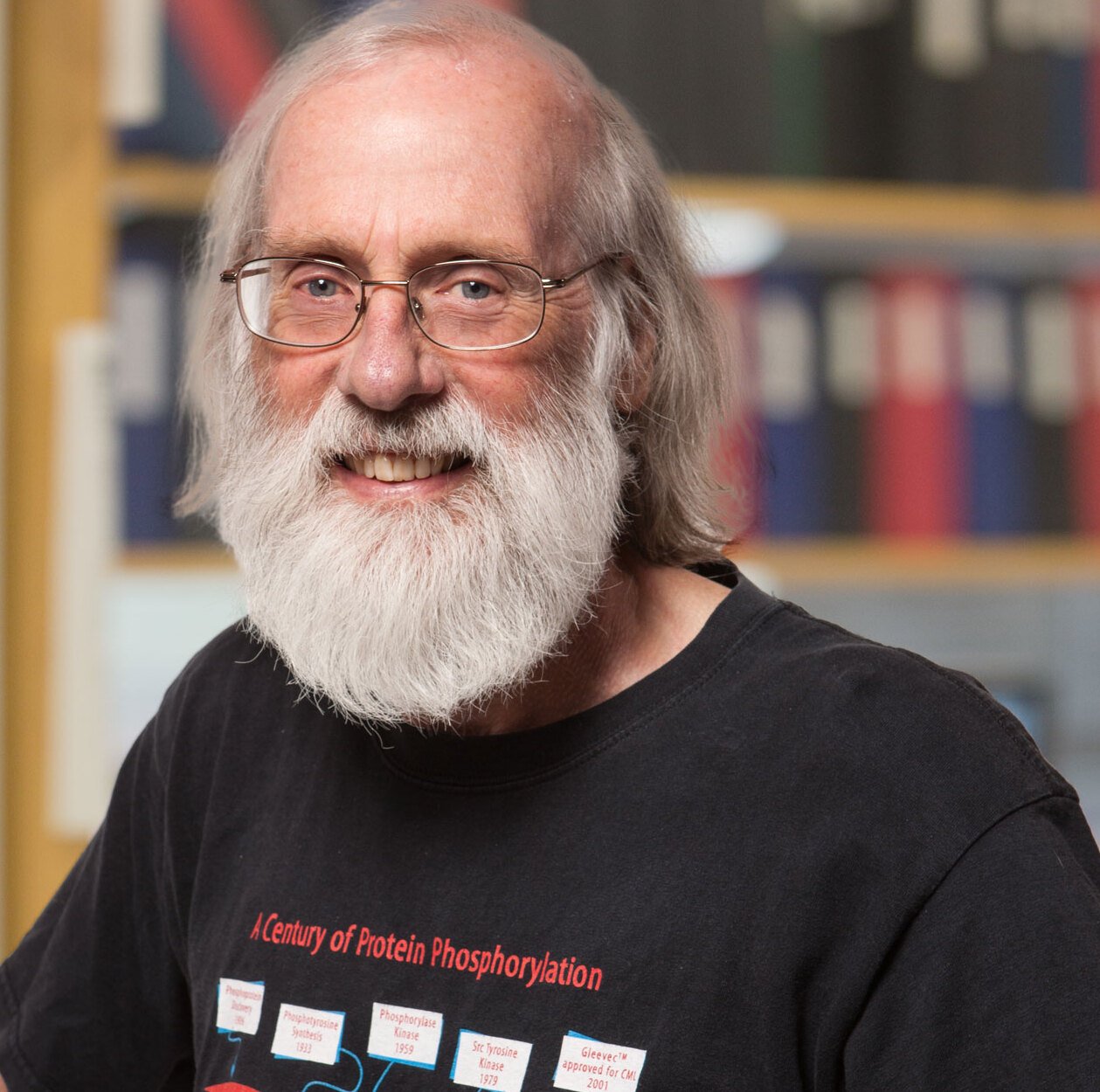
Professor Hunter and his group have also studied how a certain protein called LIF helps to shield pancreatic tumours from treatment and how LIF can be neutralised to improve survival in patients with pancreatic cancer.
AI for extended virtual home care
A large number of breakout sessions on twelve research fields were held over the two days of the conference, with seminars on such topics as autoimmune diseases, diabetes, psychiatry and psychology, medical education and cancer.
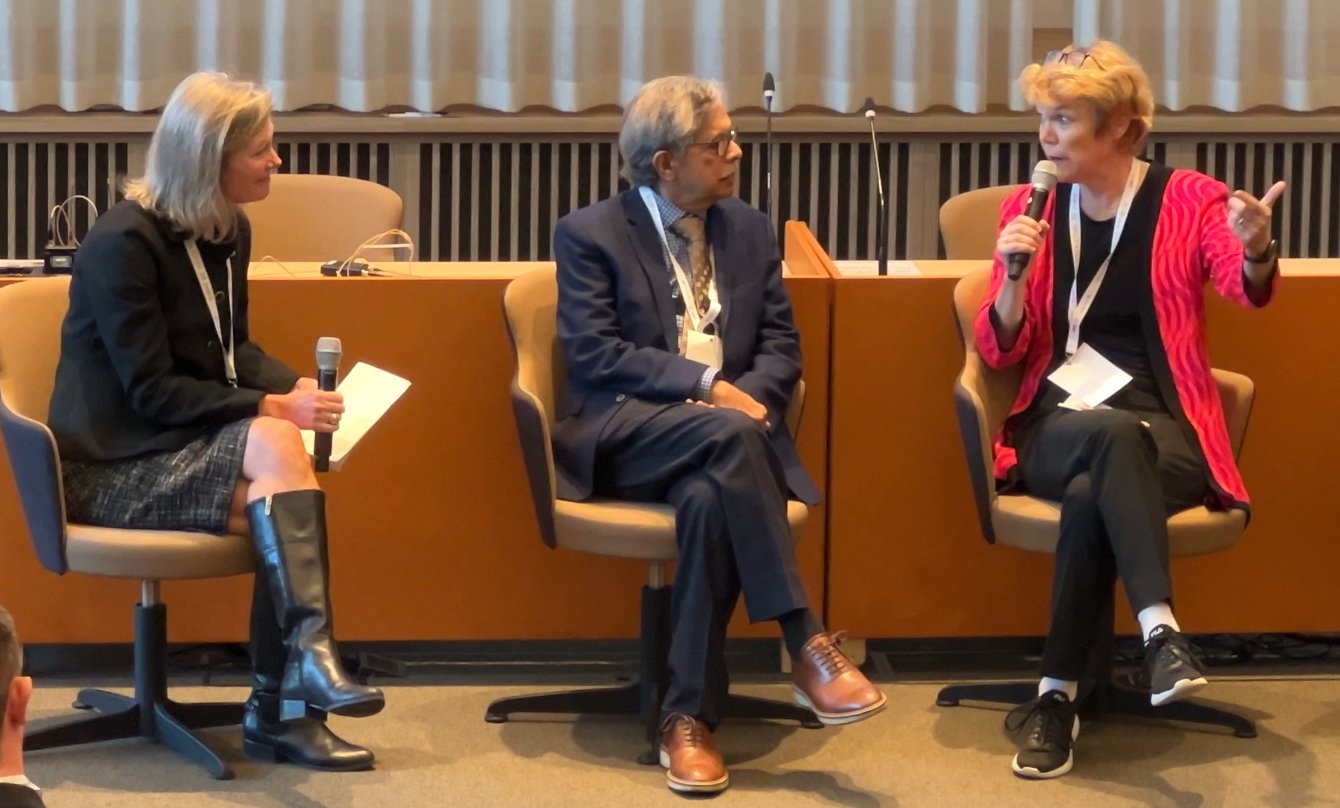
In the field of AI and health data, scenarios were presented in which AI can take the burden off healthcare workers by enabling extended virtual homecare using online units and advanced liaison centres.
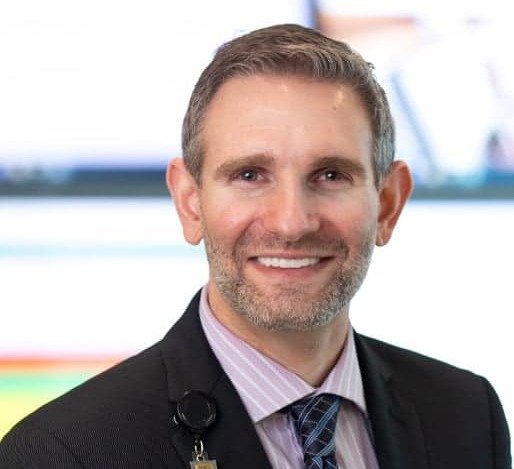
Michael Maniaci, doctor and medical director of virtual care at Mayo Clinic in Jacksonville, spoke of the advantages of virtual homecare.
He explained that hospitals are not always the best environments for patients and that virtual homecare is able to provide better conditions for recovery in the home environment while keeping patients under continual observation. He also, however, raised the challenges of data security and patient privacy.
Medical education models
Themes of the presentations held in the field of medical education included co-creative learning (learning that is created with input from both teachers and students) and a four-dimensional teaching model that was developed during the pandemic and that is based on facts, contexts, togetherness and personalised learning.
